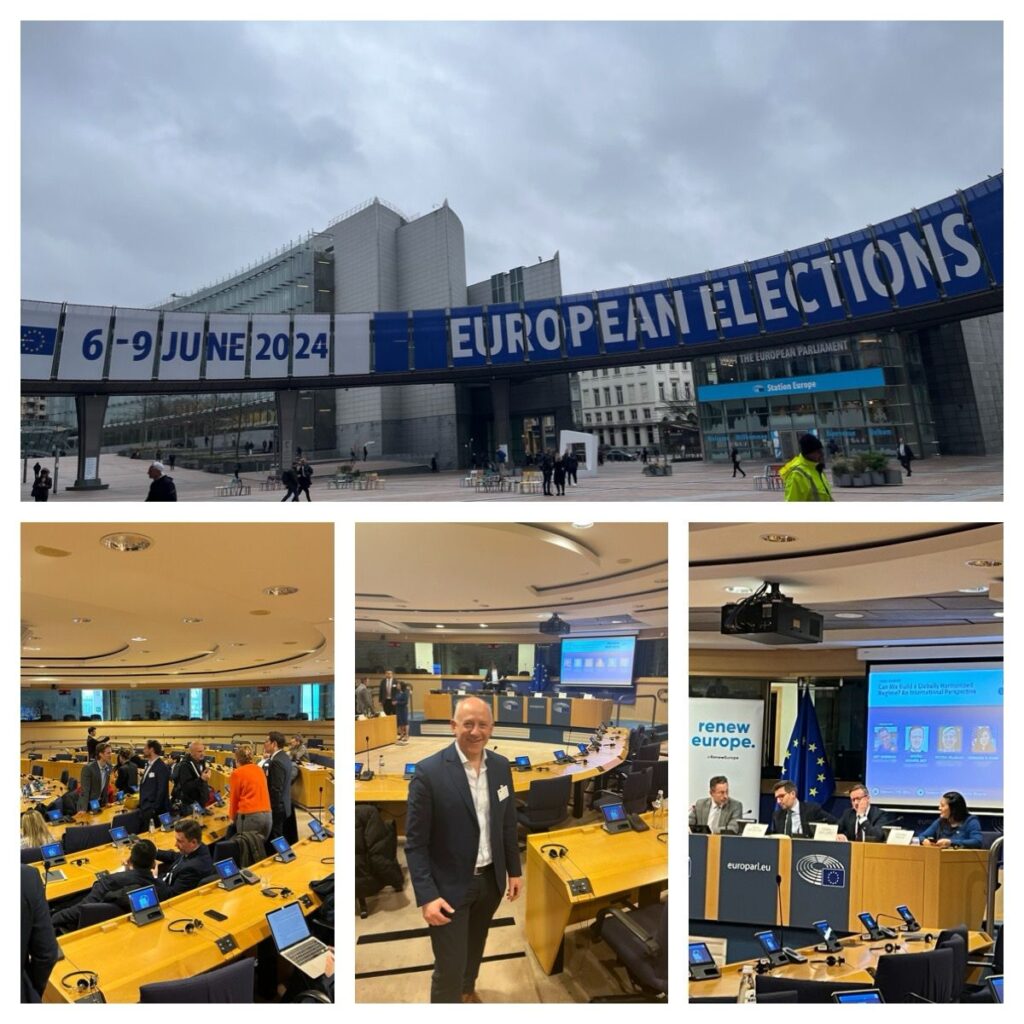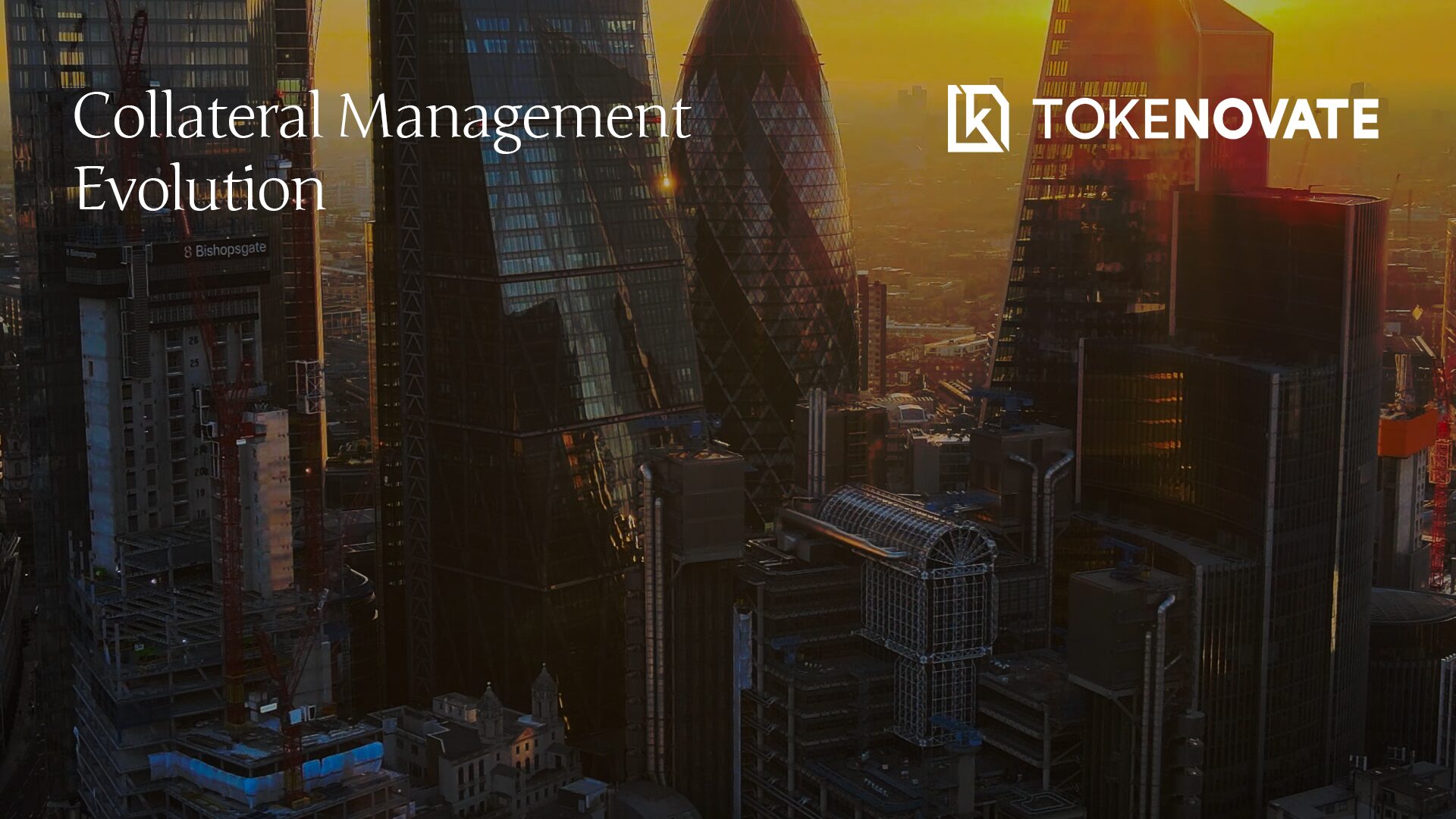Reflections by Richard Baker.
On the 20th of February, Tokenovate attended an event at the European Parliament in Brussels titled “The Future of Digital Finance Strategy of the EU: A Global Perspective”. The event was hosted by the Global Blockchain Business Council (GBBC) in collaboration with Ondrej Kovařík, MEP, who sits on the EU’s Committee on Economic and Monetary Affairs.
On the menu were three impressive panel discussions, covering topics such as tokenisation of securities and financial instruments, open banking and finance, as well as a debate whether or not it is possible with international harmonisation of regulations.
In this post we’ll primarily take a look at some of the opportunities and challenges with tokenisation that were discussed on the night. Rest assured, we’ll come back to cover regulatory issues in more depth in a separate post later.
It’s always exciting to enter the heart of European policy making, and meet colleagues and peers from around the world. Despite the presence of different opinions, the spirit of collaboration is strong and the will to innovate within clear regulatory boundaries is obvious and clear.

In his opening remarks, Mr. Kovařík shared his thoughts on the fact that digital assets and technology in general come without borders. Aligning appropriate and considerate regulations in this setting therefore is challenging for us all. Focus must be placed on collaboration and “outcomes”, and MiCA, DORA and the DLT Pilot Regime are good examples of how the industry has come together with regulators and policy-makers to find suitable solutions.
The tokenisation of assets discussion revolved around a few key areas: centralised or decentralised, interoperability and disintermediation, and real world assets. Panellists from Onyx by JP Morgan, DG FISMA, Deutsche Börse, University of Cambridge and Standard Chartered shared their expert views and debated opinions.
In the discussion it was established that several promising use cases involving new technology have made significant strides forward: the integration of DLT, which underpins tokenisation, is enabling among other things more efficient collateral mobility, reducing settlement, reconciliation and clearing times.
However, the introduction of new market infrastructure can be cumbersome and slow, and not without incumbent resistance. That said, it was mentioned that there may indeed be challenges for the market to adopt DLT, though not many blockers are in the way of progress. But, in the end, in order to unlock value – both in terms of faster access to liquidity as well as reduced operational costs – it is necessary to embrace a common new infrastructure so that new products can be introduced.
The introduction and adoption of DLT opens the opportunity to disrupt existing market infrastructure, as in fundamentally changing the way value is created. But DLT alone is not enough: you also need complementary services, which when combined deliver a superior experience for all market participants.
If – or when – DLT has become the standard, what happens to existing market actors? For example, is there space for clearing houses in the future? Will the current workflow be simplified and truncated? The panellists were quite diplomatic in their responses, though the sentiment could be interpreted as “everyone get ready – change is coming”!
And this is exactly the view of Tokenovate. Our mission is to develop cutting-edge technology for effective management of the end-to-end trade lifecycle. Our software platform aims to support the growth of modern financial instruments in the 21st century. We are fusing legal, technology and economic expertise into digital financial market infrastructure perfectly suited for the new financial world that was predicted at this excellent event.
The recording of the event is available online here


